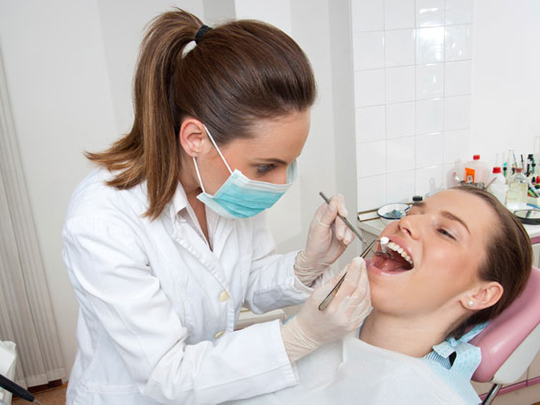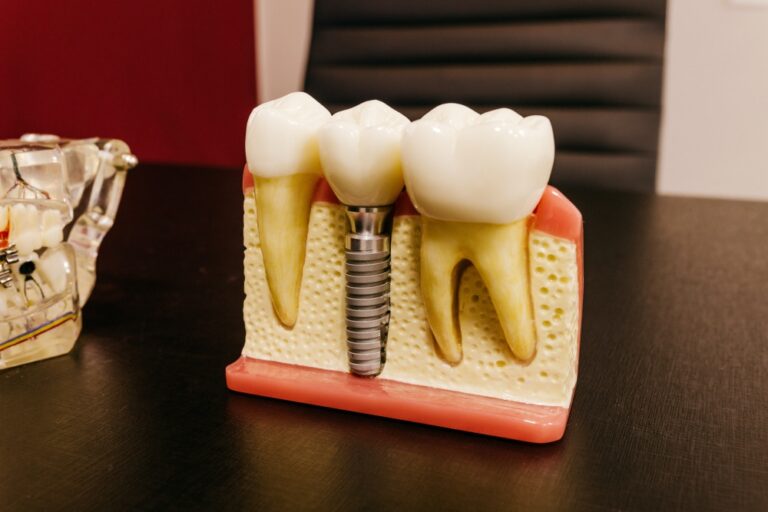Preventative care means understanding that oral health care should evolve with age. Proper oral hygiene is essential at all stages of life. As you age, changes to your health and body can make monitoring your dental health even more critical. Certain medications can affect your teeth, causing dry mouth and leading to oral irritations. You can also begin to experience the effects and damage from years of eating hard or overly acidic foods.
As you age, your eating habits change, your physical dexterity levels vary, and your overall health evolves. All of these elements can affect your oral health, which can have a lasting effect on many vital systems of the body that shape your quality of life.
To ensure that you continue to keep your mouth healthy well into your best years, remember these important tips:
Thoroughly clean your teeth at least once per day.
This goes for everyone of any age. Cleaning your teeth thoroughly at least once a day is one of your best defenses against cavities and gum disease. It clears built-up plaque and food particles out of your mouth and keeps your teeth clean and your breath fresh. Electric toothbrushes, manual toothbrushes, floss, directed water irrigation, and floss picks all help you remove the bacteria on your teeth (plaque) that cause so many dental issues. It takes eight to 10 minutes to thoroughly clean your teeth, beginning to end. You can’t be thorough in two or three minutes. The more time you spend cleaning your teeth at home, the less time you need to spend in the dental office. The less time you spend cleaning your teeth at home, the more time you’ll spend in a dental office and the more money it will cost you. It’s your choice.
Use a toothpaste designed for sensitive teeth.
As you age, your gum tissue can begin to recede. In some cases, this can cause the tooth’s root to become exposed, resulting in temperature sensitivity. Using a toothpaste specifically designed for sensitive teeth can help with this problem. Some toothpastes, like whitening or tartar control toothpastes, can cause tooth sensitivity for many people. Switching to a regular or sensitive-type toothpaste may alleviate or eliminate the sensitivity.
Take care of your dentures.
If you wear dentures, you need to take care of them just as you would your natural teeth. Make sure you take them out at night and clean them with a denture cleaning solution at least once a day. Tartar can build up on dentures just like it does on natural teeth. Soaking your dentures in white vinegar for 30 minutes will help to remove the tartar. Also, don’t forget to take care of any remaining natural teeth by thoroughly cleaning them daily, too.
Treat dry mouth.
Many medications can cause dry mouth. Not only is this condition uncomfortable, but it can also pose a hazard to your teeth. When your mouth is dry, the saliva you need to dilute the acids produced by the bacteria on your teeth isn’t there to do its work. Acids left to their own devices cause cavities and gum disease. That’s why it’s so important to thoroughly remove plaque from your teeth. If you suffer from a dry mouth, be sure to drink lots of water and flush your mouth out regularly. You can also use an artificial saliva product to increase lubrication.
Get your vitamins.
Vitamins and minerals are essential for healthy teeth and gums. As we age, hormonal changes such as menopause and poor eating habits can cause a decrease in vital minerals like calcium and other crucial vitamins and minerals. Always ensure that you’re eating a healthy, well-balanced diet and supplementing with a good multivitamin to give your body all the nutrients it requires.
Visit your dentist regularly.
While there’s a lot that you can do at home to care for your teeth as well as possible, nothing compares to the treatment your dentist can provide. Regular dental visits will check for disease and can address any pressing issues early on. Try to include dental checkups in your yearly budget to decrease the financial burden and ensure that your mouth is getting the proper care that it deserves.
Your mouth is a lot like your automobile: You can either change the oil when the mechanic recommends it, or you can wait until you need a new engine. Which costs more? Regular checkups can help prevent the more costly overhaul-type procedures.
Taking care of your teeth is an integral part of your daily routine no matter what your age, but as you get older, there are some essential changes that you should make. These changes to your oral health regimen will help to ensure that your teeth and gums stay healthy and strong well into the best years of your life.




